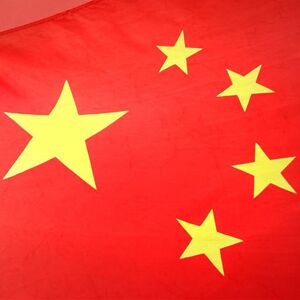
China Moving Into America’s Backyard
China’s Hutchison Whampoa is wheeling and dealing America out of its own backyard.
Hutchison Whampoa plans to build and operate a new container terminal in Ecuador, dealing a blow to America’s prestige and economic expansion. The Hong Kong-based global company, which operates five core businesses including port services and telecommunications, will invest $523 million in hopes of profiting from Latin America’s economic growth.
September 7, Hutchison Whampoa announced a 30-year deal to operate the terminal, located in Manta, the second-largest port in Ecuador. The terminal, which will open next year, will “strengthen Hutchison Port’s Latin America network on the west coast of South America,” the company’s managing director, John Meredith, said in a September 7 statement from Hutchison Port. “Being the closest port to Asia, the new terminal will benefit from the growing trade activities between the two regions.”
The new terminal will give China another opening to capitalize on Latin America’s growing economy, especially with global trade set to expand 7.6 percent from last year. Hutchison Whampoa, the largest port operator in the world, already operates in Panama, Argentina, Mexico and the Bahamas. The addition of Manta to this growing list of ports will further extend China’s growing influence in Latin America.
At the same time, U.S. influence in that area is waning. Relations with Latin America have cooled as the U.S. expends its money and energy on other foreign commitments, such as Iraq. Anti-Americanism is rearing up in countries throughout South America.
Thus, China is taking this opportunity to increase its economic ties with fellow developing nations while chipping away at U.S. hegemony. The port in Manta represents another step in a strategy China began in 1999, when it started a long-term lease to operate the exit and entry ports of the Panama Canal after America relinquished its rights to it.
Hutchison Whampoa’s new port in Ecuador is another chapter in what is becoming an increasingly familiar story: As U.S. power and influence shrink, other nations rush in to fill the gap.
